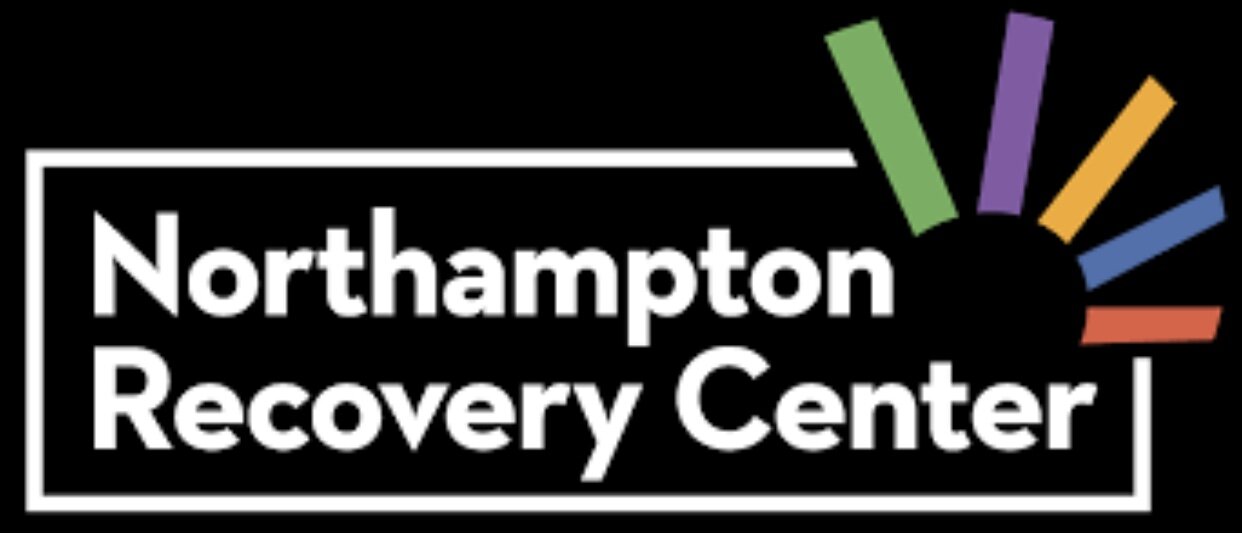Recovery Coaching
WHAT DO PEER RECOVERY COACHES DO?
Peer recovery coaches walk side by side with individuals seeking recovery from substance use disorders. They help people to create their own recovery plans, and develop their own recovery pathways.
Recovery coaches provide many different types of support, including:
Emotional (empathy and concern)
Informational (connections to information and referrals to community resources that support health and wellness)
Instrumental (concrete supports such as housing or employment)
Affiliational Support (connections to recovery community supports, activities, and events) Recovery plans and other supports are customized, and build on each individual’s strengths, needs, and recovery goals.
Peer recovery support focuses on long-term recovery and is rooted in a culture of hope, health, and wellness. The focus of long-term peer recovery support goes beyond the reduction or elimination of symptoms to encompass self-actualization, community and civic engagement, and overall wellness.
The unique relationship between the peer recovery coach and the individual in or seeking recovery is grounded in trust, and focused on providing the individual with tools, resources, and support to achieve long-term recovery.
Peer recovery coaches work in a range of settings, including recovery community centers, recovery residences, drug courts and other criminal justice settings, hospital emergency departments, child welfare agencies, homeless shelters, and behavioral health and primary care settings. In addition to providing the range of support encompassed in the peer recovery coach role, they take an active role in outreach and engagement within these settings.
WHAT ARE PEER RECOVERY SUPPORT SERVICES?
Peer recovery support services, delivered by peer recovery coaches, are one form of peer support. They involve the process of giving and receiving non-clinical assistance to support long-term recovery from substance use disorders. A peer recovery coach brings the lived experience of recovery, combined with training and supervision, to assist others in initiating and maintaining recovery, helping to enhance the quality of personal and family life in long-term recovery (White, 2009). Peer recovery support services can support or be an alternative to clinical treatment for substance use disorders.
Peer-based recovery supports are part of an emerging transformation of systems and services addressing substance use disorders. They are essential ingredients in developing a recoveryoriented system in which clinical treatment plays an important, but singular, role. Acute care substance use treatment without other recovery supports has often not been sufficient in helping individuals to maintain long-term recovery. Substance use disorders are currently understood to be chronic conditions that require long-term management, like diabetes. Peer-based recovery support provides a range of person-centered and strength-based supports for long-term recovery management. These supports help people in recovery build recovery capital—the internal and external resources necessary to begin and maintain recovery (Best & Laudet, 2010; Cloud & Granfield, 2008).
Request a Coach
Recovery Coaching is free of charge through The Northampton Recovery Center. Fill out the online request form below if interested in being connected with a Recovery Coach, please fill out all boxes for the request to be accepted (boxes with an * are required by computer). By asking for information, you are not committing to having a coach. We are happy to talk about what we offer. Call the Northampton Recovery Center main phone number (413) 834-4127 with any questions. Together we recover.

